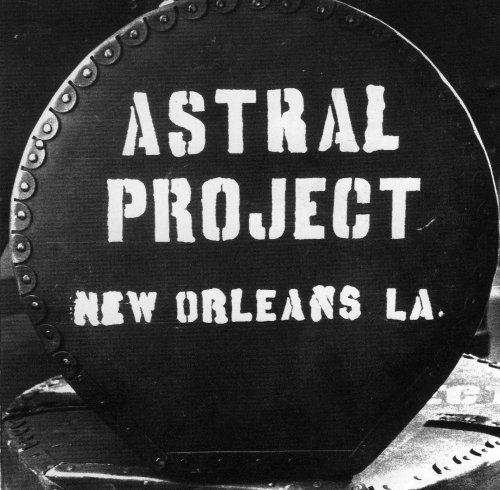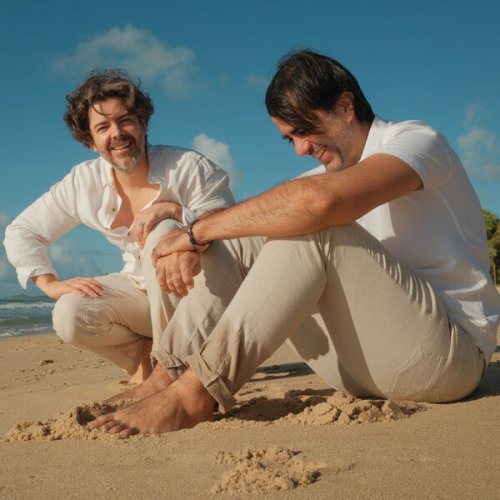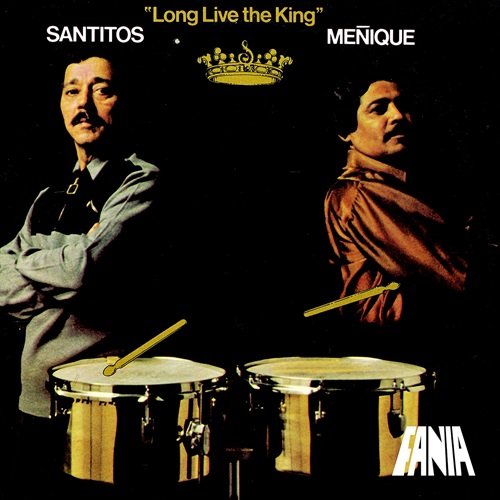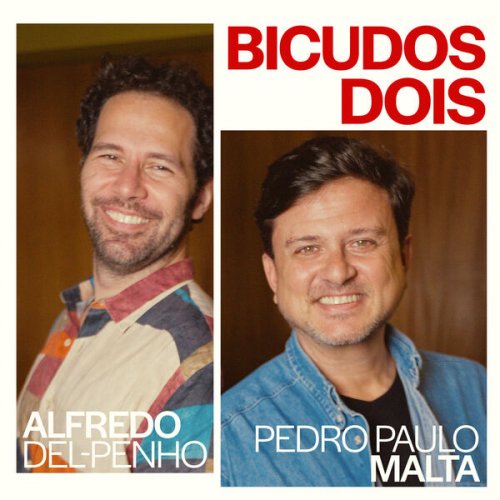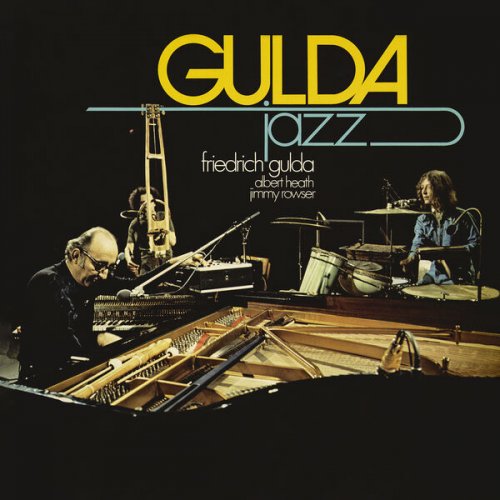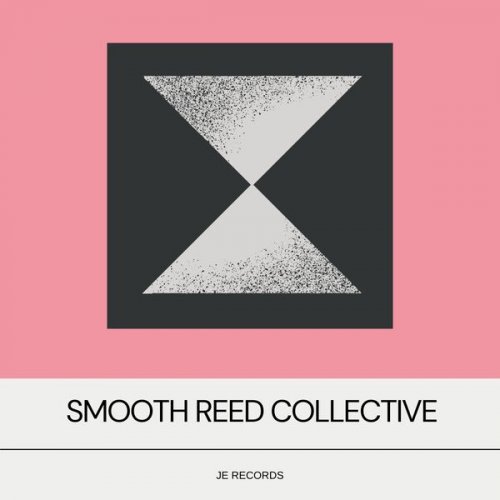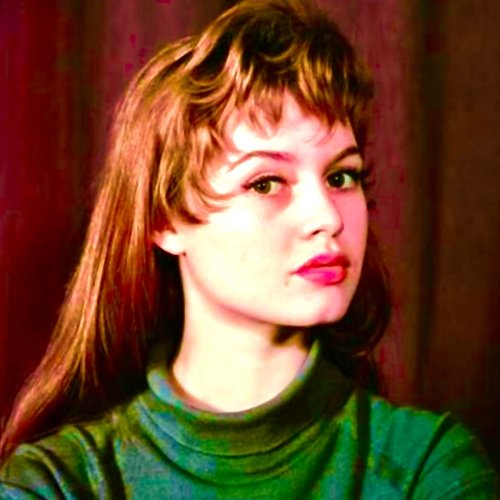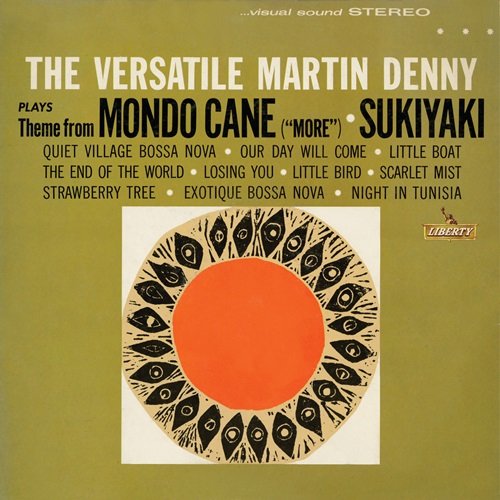Orchestre De Paris - Orchestre de Paris - Great Recordings (2022)
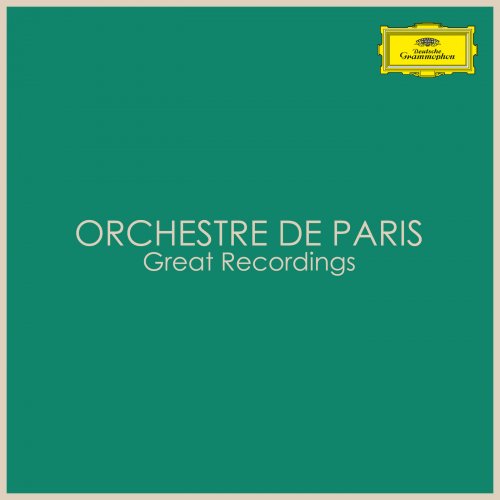
Artist: Orchestre De Paris, Daniel Barenboim, James Levine, Paavo Järvi, Semyon Bychkov
Title: Orchestre de Paris - Great Recordings
Year Of Release: 2022
Label: UMG Recordings, Inc.
Genre: Classical
Quality: FLAC (tracks)
Total Time: 9:00:52
Total Size: 2.13 GB
WebSite: Album Preview
Tracklist:Title: Orchestre de Paris - Great Recordings
Year Of Release: 2022
Label: UMG Recordings, Inc.
Genre: Classical
Quality: FLAC (tracks)
Total Time: 9:00:52
Total Size: 2.13 GB
WebSite: Album Preview
01. 1. Villanelle
02. Le More est en fuite. Victore!
03. Le More est en fuite. Victore!
04. Danse nationale: Sicilienne
05. Ici l'on voit Bénédict
06. "Sidonie sponde!"
07. "Vattene prence"
08. 4. Domini Fili Unigenite
09. 1. Gloria
10. Entr'acte: Sicilienne
11. Le vin de Syracuse
12. Le vin... le vin... le vin fin de Syracuse
13. Viens! Viens, de l'hyménée
14. L'amour est un flambeau
15. "Siam soli" / "Tutto m'è noto"
16. "Se mai pomposo apparse"
17. "Qual mi conturba i sensi"
18. "Sire, da Arbace intesi" / "Chi mai del mio provò" (Elettra, Idomeneo)
19. "Odo da lunge armonioso suono"
20. "Qual nuovo terrore!
21. "Eccoti in me, barbaro Nume!"
22. "Corriamo, fuggiamo"
23. "Solitudini amiche"
24. 2. Cujus animam gementem
25. 3. O quam tristis
26. 4. Quae moerebat
27. 5. Quis est homo
28. 7. Eja mater
29. 8. Fac ut ardeat
30. 11. Inflammatus et accensus
31. 6. L'île inconnue
32. Le Cygne
33. Wagner: La Descente de la courtille
34. 2. Laudamus te
35. 1. "C'en est donc fait"
36. 4. "Non!...non, de vos demeures funèbres"
37. "Placido è il mar"
38. "Pria di partir, oh Dio!"
39. 1. Stabat Mater dolorosa
40. 6. Vidit suum
41. 9. Sancta mater
42. 10. Fac ut portem
43. 2. Le spectre de la rose
44. 3. Sur les lagunes
45. 4. Absence
46. 5. Au cimetière (claire de lune)
47. Rouget de Lisle: La Marseillaise
48. Glazunov: Chant du Ménestrel op.71
49. Tchaikovsky: Nocturne In C Sharp Minor, Op.19 No.4
50. 3. Domine Deus
51. 5. Domine Deus, Agnus Dei
52. 6. Qui sedes ad dexteram Patris
53. 2. "Ah! qu'ils sont loin"
54. 3. Méditation: "Grands Pharaons"
55. 5. "Dieux du Nil"
56. Scène No. 16 Invocation à la Nature. "Nature immense"
57. I. Gigues
58. I. Par les rues et par les chemins
59. II. Les parfums de la nuit
60. III. Le matin d'un jour de fête
61. III. Rondes de printemps
62. I. Lever du jour
63. II. Pantomime
64. III. Danse générale
65. I. Reflêts dans l'eau (Andantino molto)
66. II. Hommage à Rameau (Lent et grave)
67. IV. Cloches à travers les feuilles (Lent)
68. VI. Poissons d'or (Animé)
69. Bacchanale
70. Prélude
71. Saint-Saëns: Danse macabre, Op. 40, R. 171
72. I. De l'aube à midi sur la mer
73. II. Jeux de vagues
74. III. Dialogue du vent et de la mer
75. Dieu! Que viens-je d'entendre?
76. Je vais d'un coeur aimant
77. Dieu qui guidas nos bras
78. The Ride Of The Walkyres
79. Overture
80. Fauré: Elégie, Op. 24
81. I. Allegro non troppo
82. II. Andantino quasi allegretto
83. Marche hongroise
84. "Se il tuo duol"
85. "Se il padre perdei"
86. "Fuor del mar"
87. "Idol mio, se ritroso"
88. "Zeffiretti lusinghieri" - "Ei stesso vien... oh Dei!"
89. 1. Allegro non troppo
90. 2. Scherzando (Allegro molto)
91. 3. Intermezzo (Allegretto non troppo)
92. 4. Andante
93. 5. Rondo (Allegro)
94. III. Lustiges Zusammensein der Landleute: Allegro
95. IV. Gewitter, Sturm: Allegro
96. II. Andante con moto
97. Poulenc: Litanies à la Vierge noire
98. 12. Quando corpus
99. II. Intermezzo (Andantino grazioso)
100. III. Rondo. Allegro scherzando
101. IIa. Allegro moderato - Presto - Allegro moderato
102. III. Maestoso - Allegro
103. Ouverture
104. Je vais le voir
105. Comment le dédain pourrait-il mourir?
106. Me marier? Dieu me pardonne!
107. Mourez, tendres époux
108. Ah! Je vais l'aimer
109. No. 1 Nuages
110. No. 2 Fêtes
111. Ouverture
112. Bacchanale
Although it does not have the long history of other European orchestras, the Orchestre de Paris has attracted top talent and played a major role in the cultural life of the French capital since its founding in 1967. The orchestra also has an associated choir, the Chœur de l'Orchestre de Paris, that was established in 1976 and has been highly regarded. The Orchestre de Paris was founded after the demise of the Orchestre de la Société des Concerts du Conservatoire, which dated back to 1828 but had encountered financial difficulties. One of that group's former conductors, Charles Munch, held the auditions for the new orchestra and employed 50 members of the older group; the majority of its members, however, were new, and the orchestra owed its high quality from the start to the stature of Munch, who died in 1968 and was succeeded, as musical advisor rather than as permanent music director, by Herbert von Karajan. Concerts during the orchestra's first several years of existence featured top guest soloists such as Mstislav Rostropovich. The following music directors were of uniformly prestigious stature, including Georg Solti (1972-1975), Daniel Barenboim (1975-1989), Semyon Bychkov (1989-1998), Christoph von Dohnányi (1998-2000, another artistic advisor), Christoph Eschenbach (2000-2010), Paavo Järvi (2010-2016), and Daniel Harding (2016-2019). Principal guest conductor since 2016 has been Thomas Hengelbrock. The orchestra's concert life has been centered in Paris, but its headquarters have moved several times over its comparatively short existence. The orchestra's concerts took place for many years at the venerable Salle Pleyel hall, which was sold in 1998 and finally mothballed in 2002. For several years the orchestra moved among the Théâtre du Chatelet, the Théâtre des Champs-Elysées, and, briefly, the renovated Salle Pleyel. In 2015 the orchestra moved into the new Philharmonie de Paris and has become its resident ensemble. The Orchestre de Paris has had a long recording career, including a 1982 recording of Ravel's Boléro that made the pop charts in the Netherlands. The group has recorded mostly for Deutsche Grammophon, Philips, Erato, Warner Classics, and Harmonia Mundi, for which it participated in a recording of Stravinsky's L'histoire du soldat in 2018. ~ James Manheim
